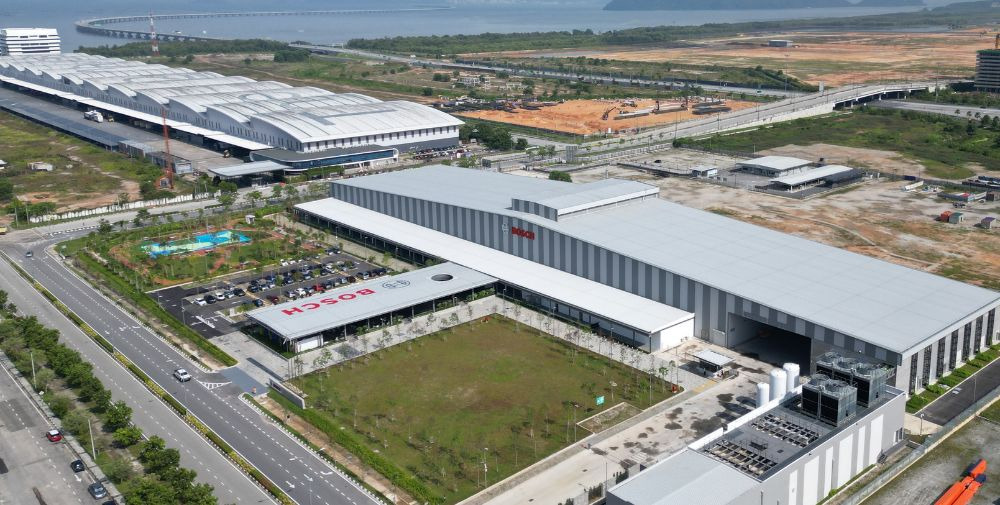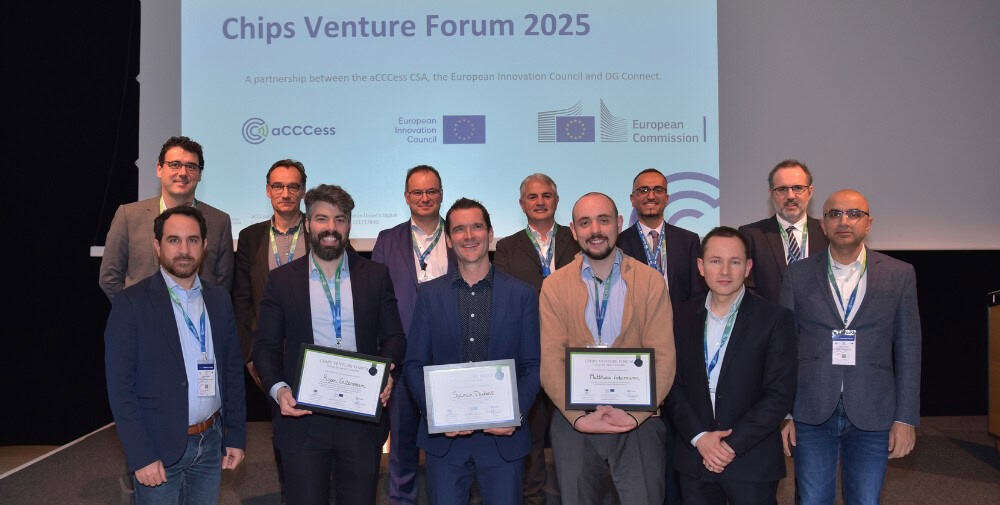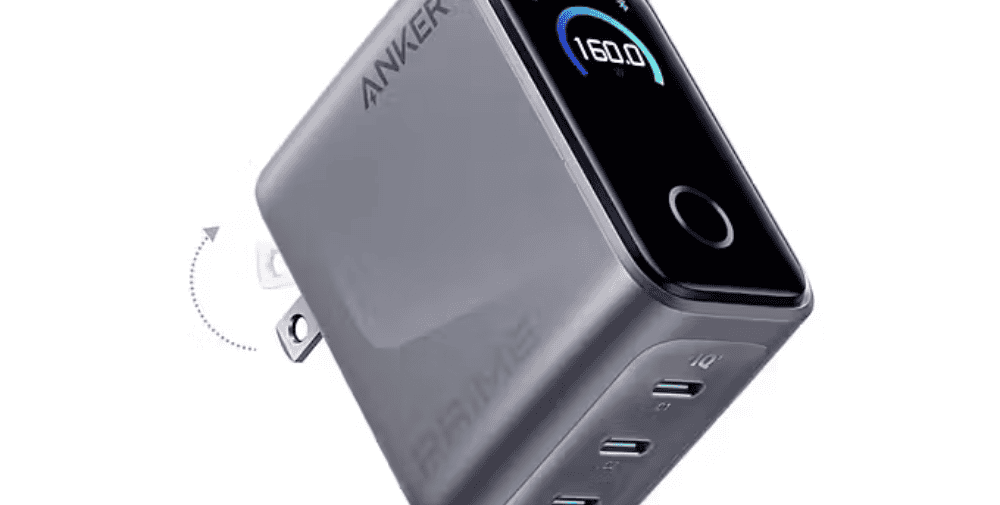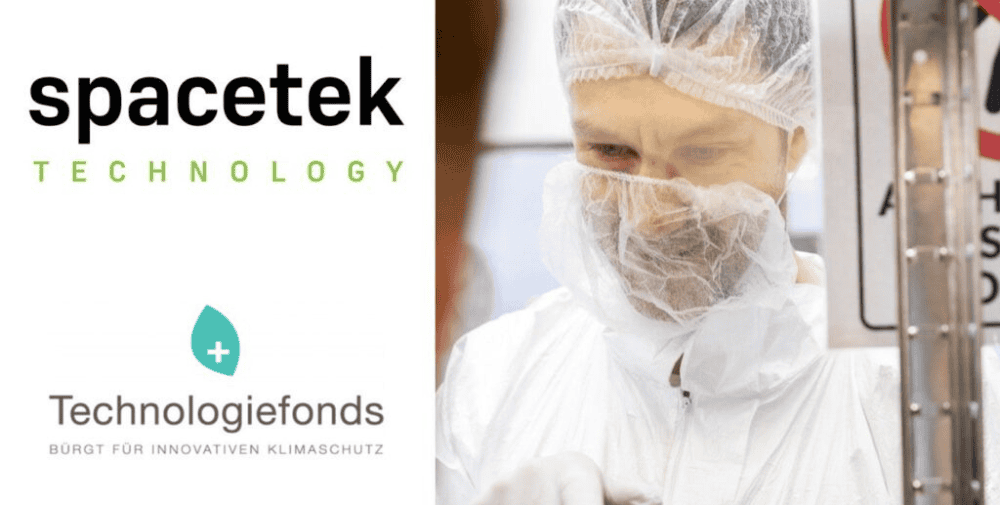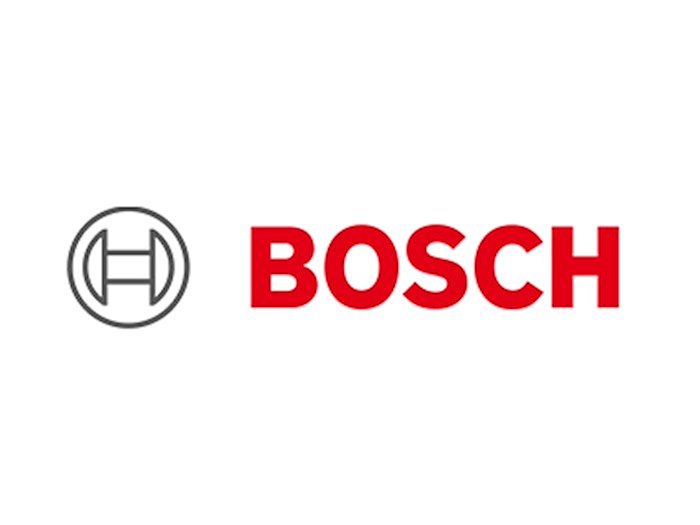
A total of around 100,000 square meters of land is available to Bosch on Penang’s mainland strip. The new test center currently covers more than 18,000 square meters and includes clean rooms, office space, and laboratories for quality assurance and manufacturing. By the middle of the next decade, up to 400 people are expected to be employed here. With the new factory and a total of 4,200 associates, Penang is now Bosch’s largest location in Southeast Asia.
The manufacture of semiconductors can basically be divided into two sections: on the one hand, so-called front-end manufacturing, and on the other, so-called back-end manufacturing. For the latter, Malaysia is an important node in the global semiconductor supply chain. The country is estimated to cover around 13 percent of global backend production. According to official figures, the state of Penang has generated more than five percent of global semiconductor sales in recent years. “The new test center in Penang moves our manufacturing network closer to backend production as well as to customers in the Asian market, which is important for us. This will shorten delivery times as well as routes and strengthen our competitiveness,” explains Dr. Markus Heyn, Bosch board of management member and chairman of the Mobility business sector.
Bosch operates one of the most modern test centers in Southeast Asia
Application and structuring of the actual circuits on the wafer wafers takes place in the front end; at Bosch, this currently takes place in the clean rooms of the semiconductor factories in Reutlingen and Dresden, for example. In the back-end processes, the individual chips are then separated from the wafers, assembled, and tested. Bosch currently carries out most of the final testing of its semiconductors in Reutlingen, Germany; Suzhou, China; and Hatvan, Hungary. Now a new test center is being added in Penang, Malaysia. The fully networked factory is one of the most modern semiconductor test centers in Southeast Asia. From now on, Bosch will test semiconductors here, which the company manufactures at its front-end in Dresden, Germany, among other facilities. “Our new test center in Penang completes our internal process chain, especially for semiconductors from Dresden,” explains Markus Heyn.
Bosch continues to invest in its semiconductor business
Bosch is pursuing a global growth strategy with its semiconductor business. The company plans to invest around three billion euros in Dresden and Reutlingen over the next three years as part of its own investment plan and within the European funding program IPCEI Microelectronics and Communication Technologies (“Important Project of Common European Interest on Microelectronics and Communication Technologies”). Following the acquisition of parts of TSI Semiconductors’ business in Roseville, California, expected to take place later this year, Bosch plans to invest a further 1.4 billion euros or so in upgrading the factory to state-of-the-art manufacturing processes for silicon carbide semiconductors.
– – – – –
Further links
👉 www.bosch.de
Photograph: Bosch
